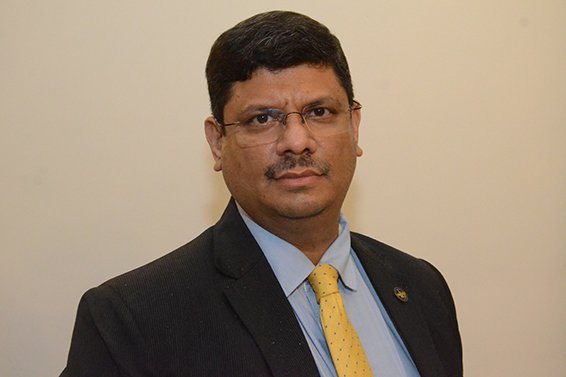We can make comprehensive healthcare for seniors a reality
 The last few days have been extremely unfortunate as the trustees of the BPP had decided to change the election centres away from colonies which would cause lot of inconvenience to our aged voters, especially during the rainy season. With great fervour and after lot of deliberation it must be commended that the BPP has stepped back at two locations while our commitment for residents Khareghat colony and nearby Godrej Baug, Tardeo, Forjett Hill remains firm.
The last few days have been extremely unfortunate as the trustees of the BPP had decided to change the election centres away from colonies which would cause lot of inconvenience to our aged voters, especially during the rainy season. With great fervour and after lot of deliberation it must be commended that the BPP has stepped back at two locations while our commitment for residents Khareghat colony and nearby Godrej Baug, Tardeo, Forjett Hill remains firm.
While I am on the subject , a large proportion of the Parsi population comprises senior citizens, many of whom are ailing. What’s even more worrying is that a large number of them either have no access to or cannot afford medical care. There is nobody to look after them.
The cost of hospitalisation is soaring since cardiac, neurological, orthopaedic and lifestyle-related diseases such as diabetes and cancer are getting more prevalent.
As a community, we need to come up with a solution – and the onus is squarely on the Bombay Parsi Punchayet (BPP), our apex administrative body. Amid all the squabbles and jostling among the trustees, this basic need of the community has been forgotten.
Fortunately, there are several solutions available. If elected as a trustee, I’d make subscription to a pool insurance scheme for the community a priority. I believe there are already some in force in some colonies; we need to expand this to all Parsis who are not able to afford them.
We must find a way that all Parsis can be insured in a group scheme for which the Punchayet can play a nodal role by collecting funds from Parsis who can afford it and paying the premiums for all those who cannot.This would ensure that all needy Parsis would be covered and their hospitalisation costs met; they would not need to struggle to get assistance.
It’s important to not stop there. It’s not as if only seniors need medical cover. The scheme should cover our young too; they would be covered for life at an even lower premium because of their age. This way, we could ensure medical security for the community at a manageable cost.
Today, many insurance firms offer cashless cover through smart cards, which is what we should opt for. This would reduce complications and make hospital care a relatively smooth affair.
The group insurance scheme can be supplemented by tie-ups with medical institutions and regular medical camps that could take care of minor health problems. The camps would also help spread awareness about prevention and healthcare.
An infusion of Punchayet funds could create stable, caring living spaces for our elders. These can be professionally managed and, while they would come at a cost, this is the least we can do for our elders.
Lastly, we have several doctors among us. I call upon them to devote some of their time to the community. A visit once a month to baugs and free consultation there with those who can’t visit their clinics would go a long way. To sum up the BPP should play an apex role management of community and senior care.





